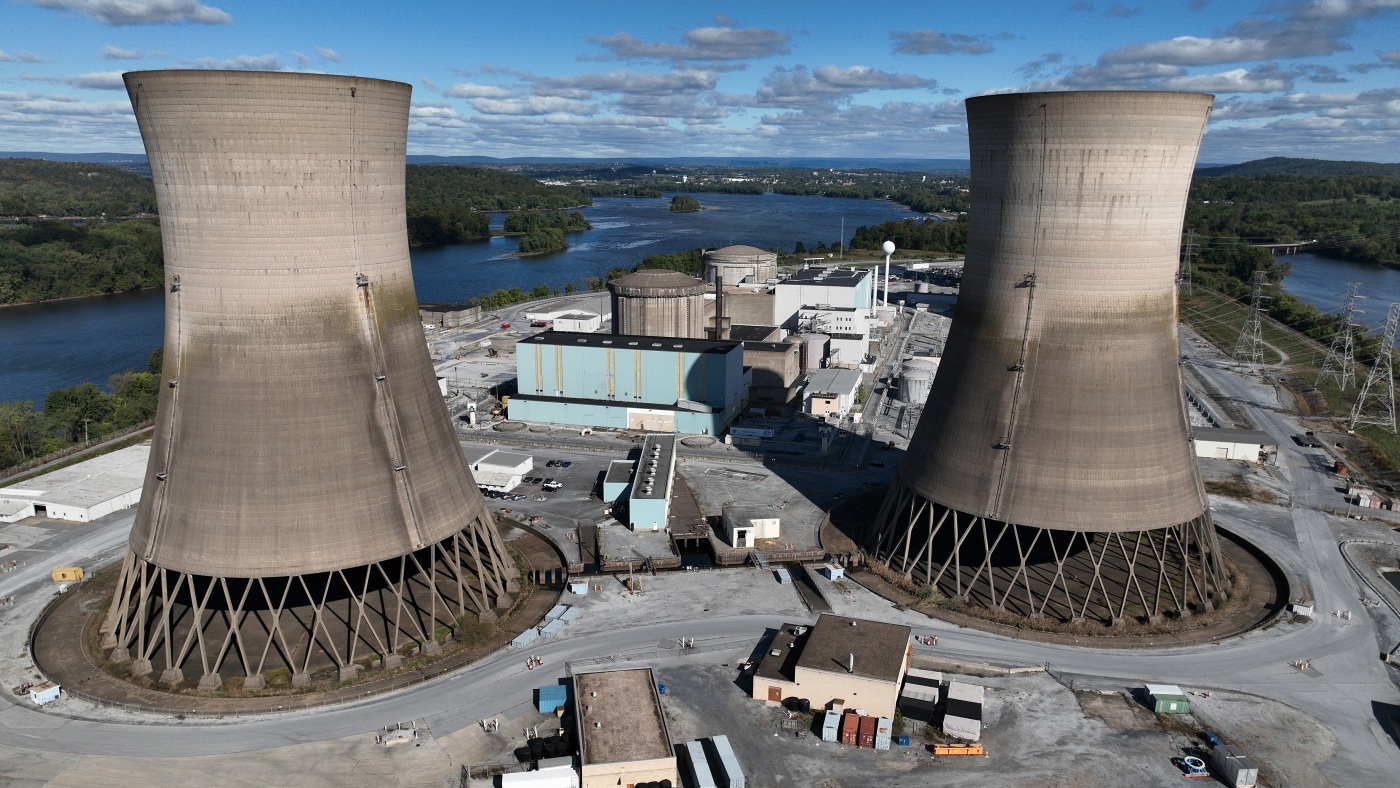The Erosion of Independence: How Trump’s Executive Order Threatens Regulatory Autonomy
Introduction
The independence of regulatory agencies has long been a cornerstone of effective governance, ensuring that critical decisions—particularly those involving public safety and financial stability—are made free from political interference. However, the Trump administration’s executive order demanding that independent agencies submit policy changes for White House review marks a significant shift in this balance. This move, framed as an effort to align agencies with presidential priorities, has sparked fierce debate over its implications for nuclear safety, financial regulation, and constitutional separation of powers.
The Executive Order: Expanding Presidential Control
What the Order Does
The executive order requires several independent agencies, including the Nuclear Regulatory Commission (NRC), the Consumer Product Safety Commission (CPSC), and the Federal Deposit Insurance Corporation (FDIC), to submit major policy decisions to the Office of Management and Budget (OMB) for review. While the White House argues this ensures consistency with broader policy goals, critics warn it undermines the very purpose of independent agencies: to operate without partisan influence.
Historical Context
Presidents have long sought greater control over regulatory bodies, but this order pushes boundaries. Past administrations, including Reagan’s, tested similar expansions of executive power, but none have applied such sweeping oversight to agencies explicitly designed to function independently. Legal scholars argue this move embraces a “unitary executive” theory, which asserts that the president should have unchecked authority over all executive functions—a stance many consider constitutionally dubious.
Nuclear Safety at Risk
The NRC’s Critical Role
The Nuclear Regulatory Commission oversees the safety of America’s nuclear reactors, ensuring compliance with strict protocols to prevent disasters like Fukushima or Chernobyl. By subjecting the NRC’s decisions to White House review, experts fear safety standards could be weakened to expedite approvals for politically favored projects.
Chaos at the NNSA
The National Nuclear Security Administration (NNSA), responsible for maintaining the U.S. nuclear arsenal, has already faced turmoil under Trump’s policies. In a poorly planned move, the administration abruptly ordered the firing of hundreds of NNSA employees—only to reverse course when it became clear these workers were essential to national security. This instability raises alarming questions: if the administration cannot manage personnel decisions competently, how can it be trusted to oversee nuclear safety regulations?
Broader Impacts on Financial and Consumer Protections
Undermining the FDIC
The Federal Deposit Insurance Corporation safeguards the banking system, protecting depositors and maintaining financial stability. If its policies are delayed or altered to fit political agendas, the consequences could ripple through the economy, potentially weakening safeguards against another financial crisis.
Consumer Safety in Jeopardy
The Consumer Product Safety Commission exists to keep dangerous products off the market. If its recalls or safety standards require White House approval, bureaucratic bottlenecks could leave hazardous goods in homes longer—putting lives at risk for the sake of political convenience.
Constitutional and Practical Concerns
Legal Challenges Ahead
The order’s broad assertion of presidential authority may face court challenges. Independent agencies were created by Congress to operate at arm’s length from the White House; if courts rule this overreach violates the separation of powers, the order could be struck down.
A Dangerous Precedent
Even if the order survives legal scrutiny, it sets a troubling precedent. Future presidents—of any party—could exploit this expanded control to manipulate agencies for partisan gain, eroding public trust in institutions meant to protect them.
Conclusion: Defending Independence
The Trump administration’s executive order is more than a bureaucratic power grab—it’s a direct threat to the autonomy of agencies tasked with protecting public safety, financial stability, and national security. History shows that when regulatory bodies become politicized, the consequences are dire: weakened safeguards, institutional chaos, and diminished public confidence.
Preserving the independence of these agencies isn’t just about resisting one administration’s overreach; it’s about ensuring that critical decisions are made free from short-term political pressures. The stakes—whether in nuclear safety, consumer protections, or economic stability—are too high to ignore.











